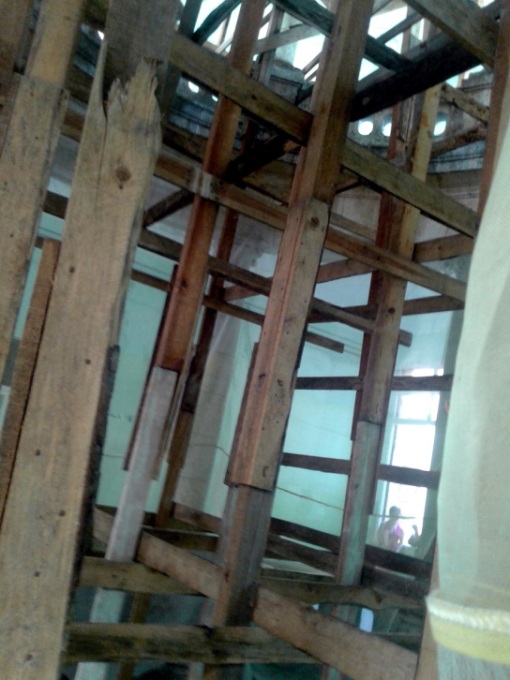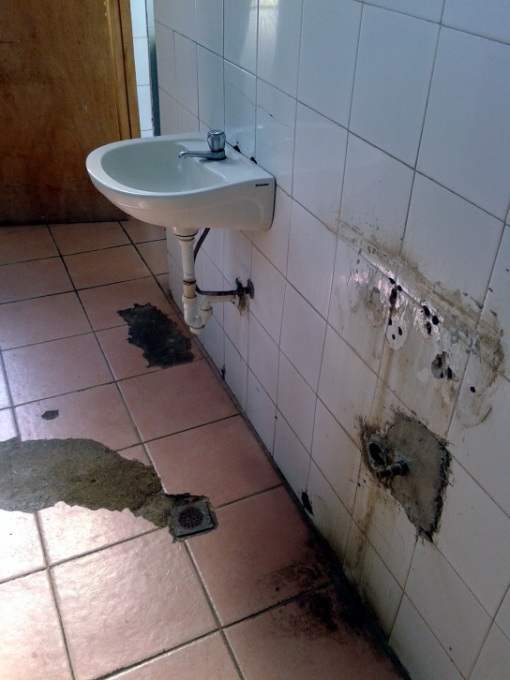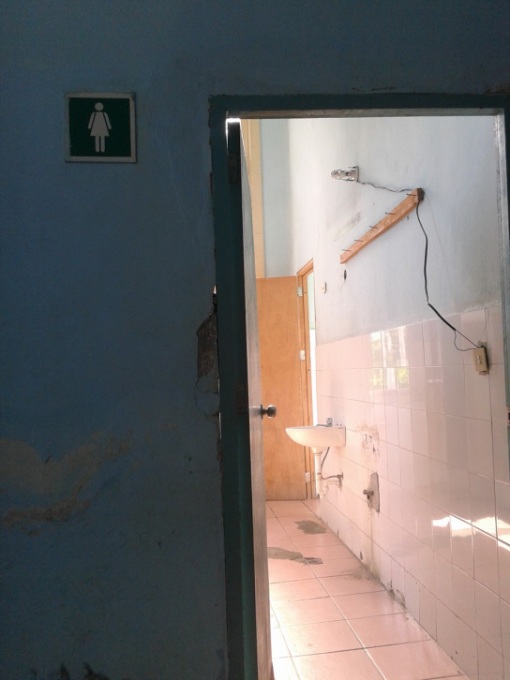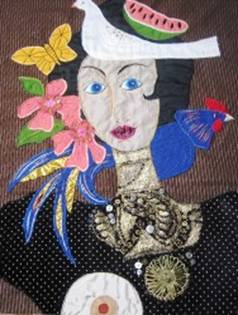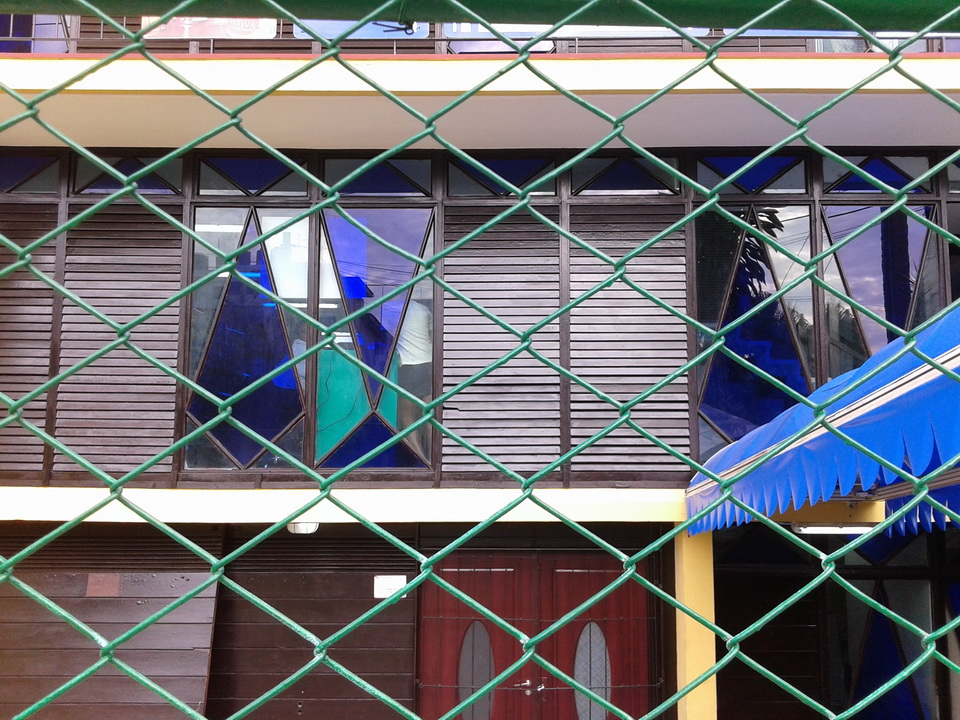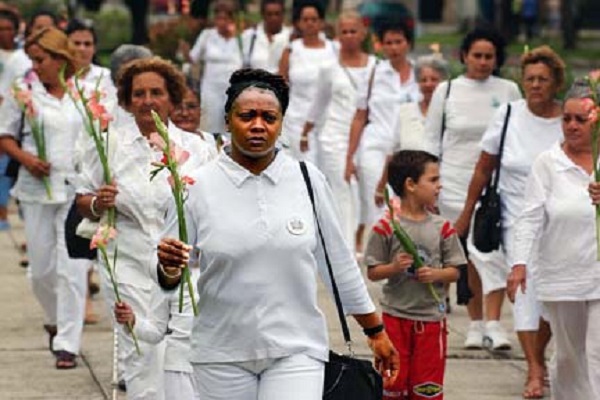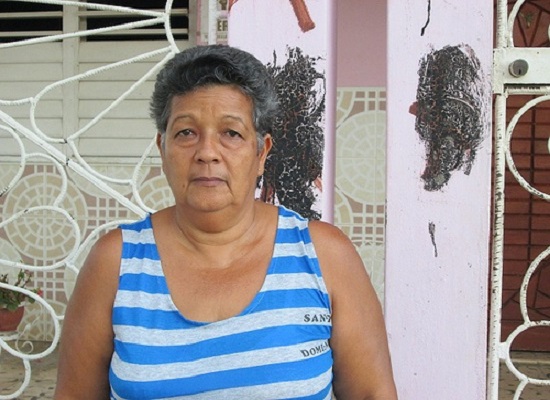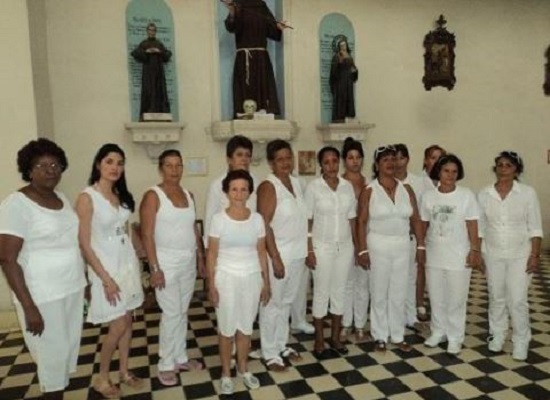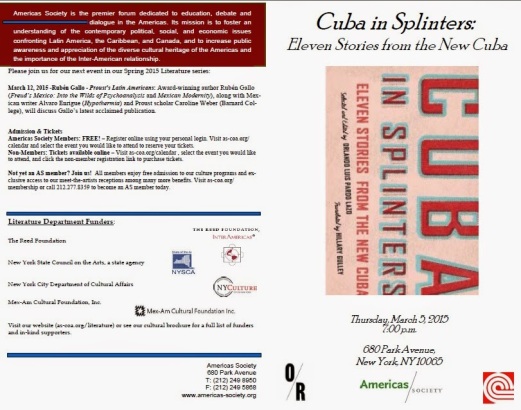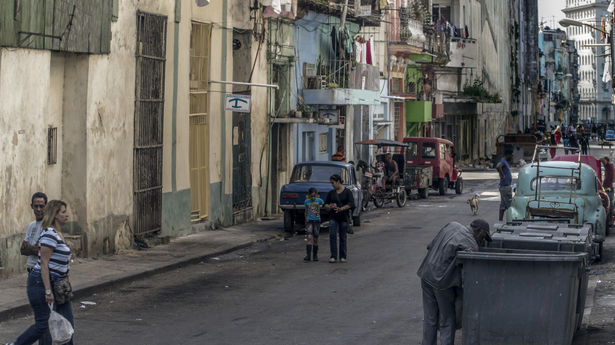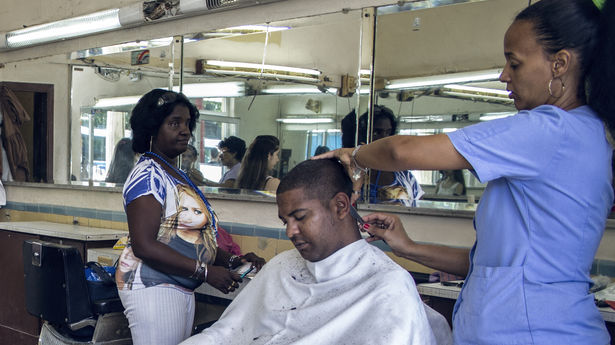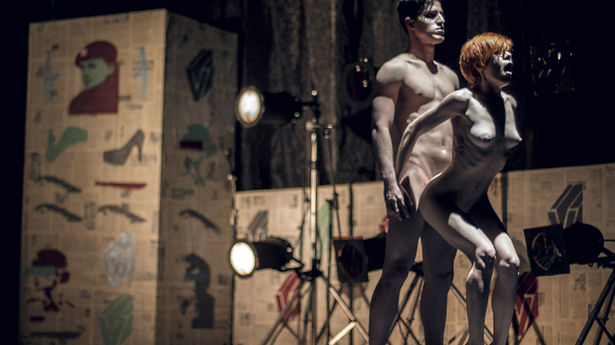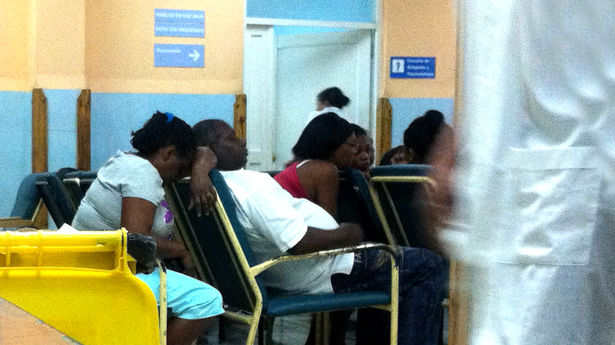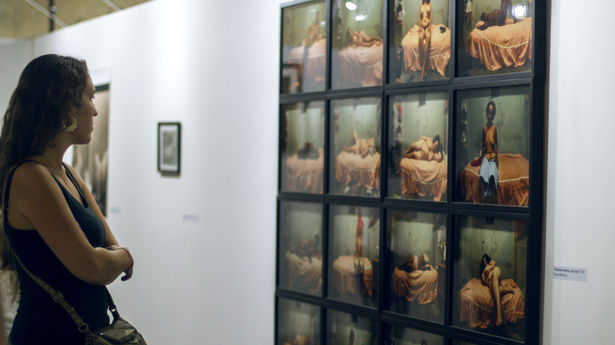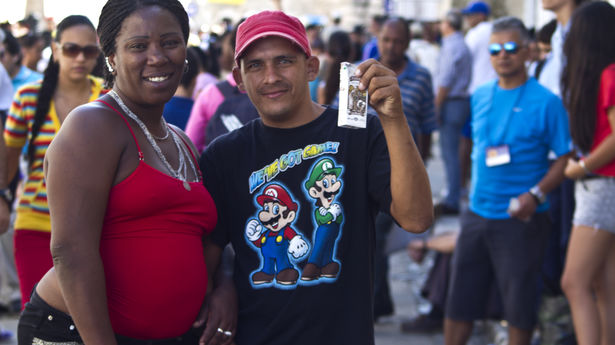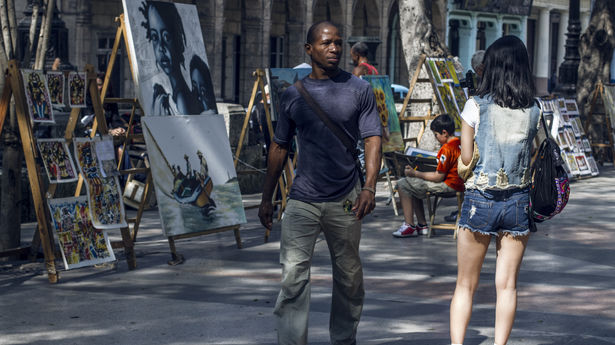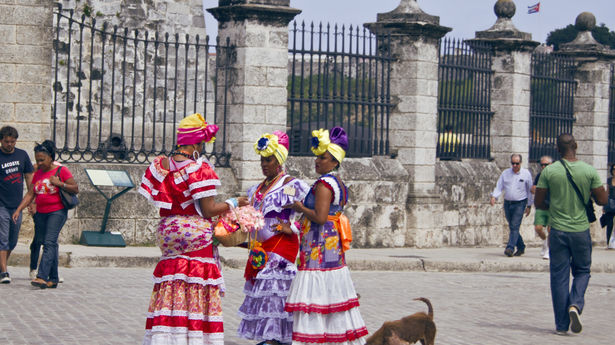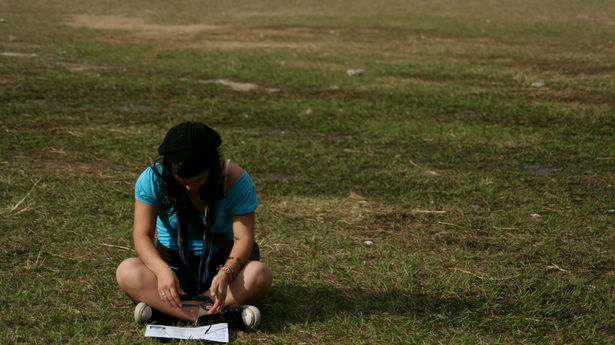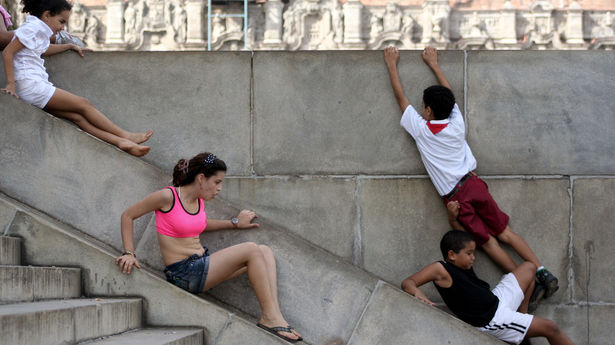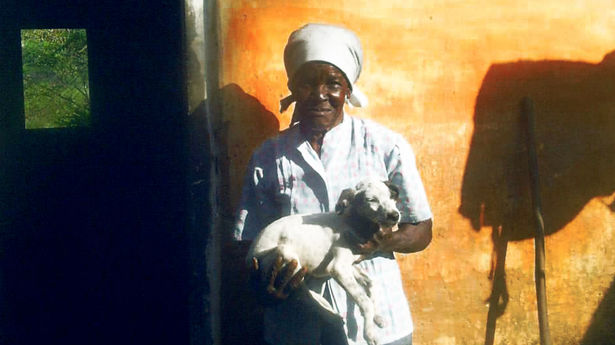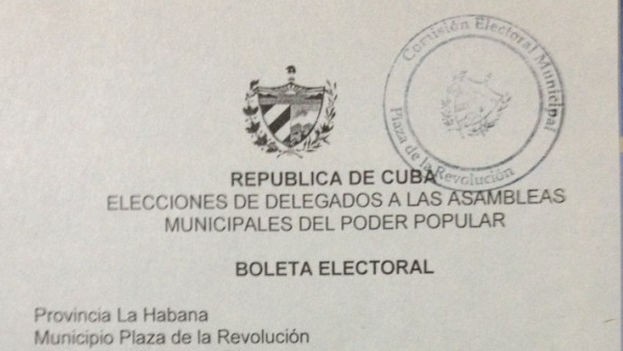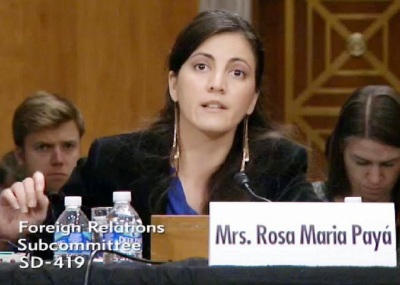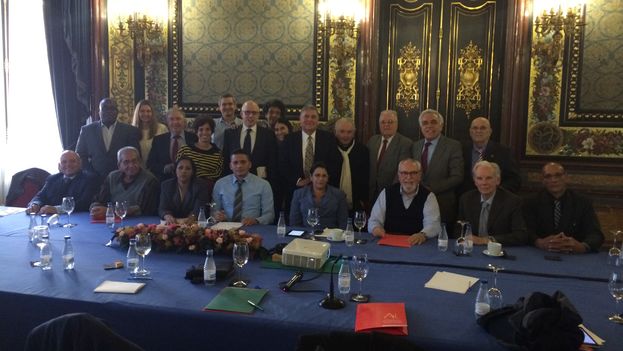We passed the book from hand to hand. A worn-out volume, despite being a new edition. An edition in Cuba means a foreign edition. As readers in revolutionary Cuba, we suffered from the oxygenating syndrome of xenophillia.
The title was “Less Than One.” The author, an exiled Soviet dissident. In the early 90s this mixture sounded perfect for us. To be an author, to become a dissident, to commit exile.
We worshiped every word of Joseph Brodsky, literally and literarily. We memorized sentences as we copied them by hand, with those remaining huge and hideous pencils imported by the ton to the Island from the Cold War Era.
“The real history of consciousness starts with one’s first lie.” But we were spontaneously sincere continue reading
in the naïve nightmare of our unconsciousness. Dear and dreadful daylight dreamers.
“As failure goes, attempting to recall the past is like trying to grasp the meaning of existence.” “The more one remembers, the closer perhaps one is to dying.” But we hadn’t failed in anything at all. And life, like literature, was elsewhere and still waiting to be written, both floating in a totalitarian perfect present tense, with little meaning to grasp and less memory to recall.
In the palindromic 1991, immortality was a common place taken for granted, as we dwelled not in Havana, but in city of books smuggled from abroad, while the so-called Special Period in Time of Peace was being dramatized by our omniscient omnipotent narrator, Fidel. No last name required after such an intimate and intimidating F, because calling him Castro was considered a first symptom of dissent. And dissent begets disaster in our proletarian’s paradise.
“There isn’t an executioner who isn’t scared of turning victim one day, nor is there the sorriest victim who would not acknowledge a mental ability to become an executioner.” “That is the ultimate triumph of the system: whether you beat it or join it, you feel equally guilty.” But none of us knew any executioner or victim back then, being both ourselves without yet noticing it.
The absence of all magnitude or quantity. The quality of a point of departure in reckoning, from which the graduation of every scale begins. The one and only whole entity between minus 1 and 1. Less than 1, more than minus 1. Not positive but still not negative, still useful as a “place-holder” to write all the other numerals. A closed cycle of zero revolutions per minute. A void paradoxically not devoid but full of properties. An unnatural number that had to be invented by the human mind, so that, as humanity itself, anything multiplied by it becomes it, including authors, dissidents, exiles.
Their years 2000s were soon to be our years zero. Arid arithmetic for a literarid field. Playing to be marginal squatters, positioning ourselves among sequestered cultural institutions that left zero space beyond duty and discipline, not even for delusion —not to mention disappointment— we were just amateurs in an asphyxiating atmosphere, where the State monopoly occupied every channel of information, creativity, criticism, distribution and legitimation. For Cuban intellectuals, these are the real Five Heroes of our time: the impossibility to break free and the urge to find a way out.
We arrived late to Cuban literature, to Cuban history, to Cuban socialism, to the Cuban Revolution. We arrived late to acquainting Fidel with Truth, to holding him accountable. Not to be the audience of his monologues any longer, but his surviving witnesses that through fiction will force him to dialogue. We stole a piece of his despotic pie to imagine by ourselves another Island in our image and likeness: the barbarity of books versus the orality of horror. We pretended to be fake foreigners in a hyper-realistic minefield, tantalizing the tiger’s teeth with our insulting innocence.
To narrate an obsolescent Fidel was an obscene obsession for our generation of zeros. After decadent decades of imposing the term “worms” in the official speech against the Cuban people, as authors we approached the delicate and dangerous beauty of “the chance meeting on a dissecting-table of a machine-gun and Fidel.” Fetus or fossil, feast or funeral, among other fundamentalist F’s, we just typed. We tried, we were tried. Then, we were trapped. Then, trialed.
We developed an interest in bodies, in hidden desires under the hopeless green uniforms, in love and lust despite the Cuban faraway military interventions renamed as “worker’s internationalism.” We despised the rule of law understood as the rule of loyalty. From dynamization to dynamite. From the reasonable to the treasonable. From tradition to the untranslatable. From vocabulary to a kind of unkind vocubalary. From literature to limiterature. We were prone to pay the price and then, of course, to prevail in silence.
Mute and mutants as only zeros know how.
Generations, of course, do not exist. The 11 outlaws included in CUBA IN SPLINTERS (an anthology of O/R Books, New York 2014, translated by Hillary Gulley), behave like professionals of provocation, textrrorists between apathy and aphasia, focusing on the black holes of literature, history, socialism, revolution, fidel —the Five Heroes of our writing— digging into the uncomfortable and the unpleasant, cannibalizing our cultural cannon, perverting all political perceptions not to épater le bourgeois but épater le proletaire.
Quod scripsi, is crisis.
The communicating vessels between these short-stories are not bridges, but short-circuits: tensions among fictions must produce friction and fractions of fertile sense and nonsense, a bit of idiocy after so much ideology, from the Berlin Wall to the Bloody Jaws of the Florida Strait, from Fidel’s bodyguards to sex for sale at a tetric train station; snob Buddhism and stunt zombies; smoke of cannabis cubensis so our mind can emigrate north beyond the Castrophobic line of the horizon; Habaniroshima, mon amour: remake and collage, cut-up and remix, plagiarism taken to the paroxysm, the newrrative of the portrait of a family that never was but still is.
Zerotomy. Metastazero. Soulcialist sickstem.
Today the new markets expect the New Man to quit being a soldier and become a salesman. Bring down the wall, open up the wallet. But what was good for Americans since the 18th century is still not good enough for Cubans in the 21st century: second class citizens, having waited so long, democracy now, like heaven, can wait —a racism conceived by US academicians in their search of their lost Latin American left.
An extreme experience might be exhausting, but the humblest Cuban now has a weird wisdom that top public figures in the US lack, for we have seen things that you American people wouldn’t believe. Not like tears in the rain, but like tears in the ruins. So, let it read. Let it rip our clowntry in as many unsuspected splinters as feasible. Nuclear fission, nuisance fiction. Cubansummatum est.
Please purchase the paper or digital edition of the anthology here.
Original in English by Orlando Luis Pardo Lazo
6 March 2015
